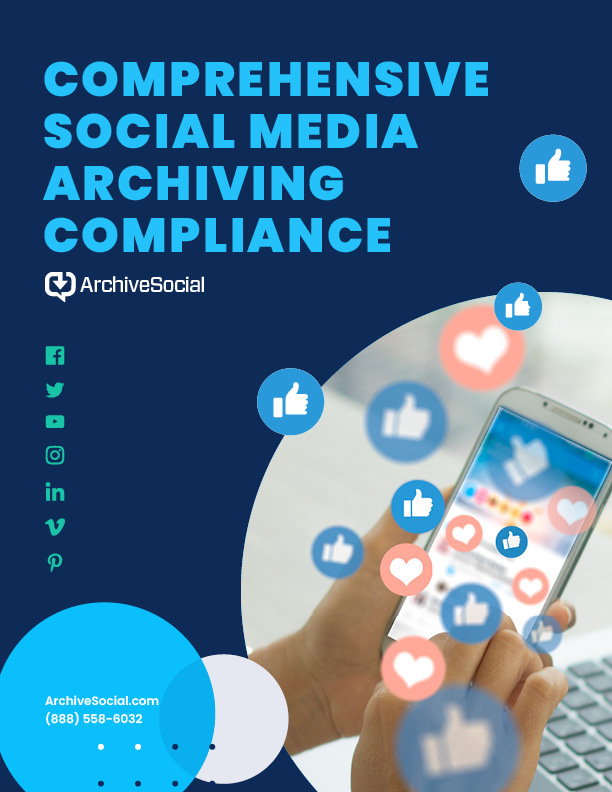Advisors. Listen up. It’s time to get on the social media bandwagon. Gen Y has a lot of money, and millennials expect that their advisors will be active on social networks. If you’re worried about compliance, fear not. We’ve put together a list of social media compliance tips to put you at ease.
Social media compliance tip 1: remember, the old rules still apply
Like snail-mail and email, firm representatives must be careful about what they are communicating and to which audience. Firms should establish post-review and record keeping procedures for social media that mirror existing procedures related to email.
Social media compliance tip 2: avoid product advertisements and recommendations
A key difference between social media and other forms of communications, such as email, is that social media is generally broadcast in public.
In other words, the audience of a communication is potentially the entire world. Advisors and representatives must be careful to avoid engaging in conversations that could conceivably violate advertisement and suitability rules such as those specified by SEC Rule 206(4)-1.
It is best to avoid discussion related to specific products, and to refrain from relaying individual recommendations across public social channels.
Social media compliance tip 3: refrain from soliciting and displaying testimonials
A prominent for concern for RIAs is that notion that testimonials are prohibited by SEC Rule 206(4)-1(a)(1). Although regulators have yet to clearly define what type of social media communications might constitute a testimonial, it is important for advisors to take a conservative approach.
Many firms also worry about the interpretation of a “like” on Facebook. A “like” can mean many things: it may mean that a visitor simply likes an article that was shared, or appreciates the artwork on a page.
The SEC has been careful to state that interpretation of a “like” as a testimonial is largely based on the facts and circumstances.
For example, a “like” that an advisor solicits as an indication of a client’s experience with the firm is likely to be construed as a testimonial.
In general, advisors and representatives should avoid soliciting client feedback in a way that may frame a “like” or third party post as a testimonial.
Social media compliance tip 4: third-party content is great, but be careful with entanglement
A significant percentage of status updates and conversations on social media involve links to articles written by others.
In general, advisors and representatives can share informative content created by third parties via their social media accounts. However, it is important to be aware of potential “entanglement” or “adoption” of the content.
Firms and their representatives should avoid paying for or assisting in the development (i.e. entanglement) of any third-party content that may invoke compliance concerns when shared across social channels.
Furthermore, firm representatives should be careful not to “like”, favorite, or retweet potentially problematic content since such actions may be viewed as endorsements (i.e. adoption) of the content.
Social media compliance tip 5: pre-approve static content and then have real conversations
Static content on a social media site generally consists of profile information such as a LinkedIn profile, a Twitter profile, or any “About” information that is listed on the site. Virtually all other communications – such as status updates, comments, tweets, mentions, wall conversations, and private messages – are interactive. FINRA states that static content is the only type of content requiring pre-approval. All other (interactive) communications can be managed via the firm’s post-review procedures.
Social media compliance tip 6: keep accurate, comprehensive records of all communications
As with all other forms of electronic communication, firms must keep diligent records of social media communications. It is not enough to rely on the social networking platforms themselves because content can easily be deleted, and might not be accessible months or years from now.
Ultimately, firms must assume that social media will eventually be held to the same standard as other electronic records.
Know of more tips? Share them with us!


